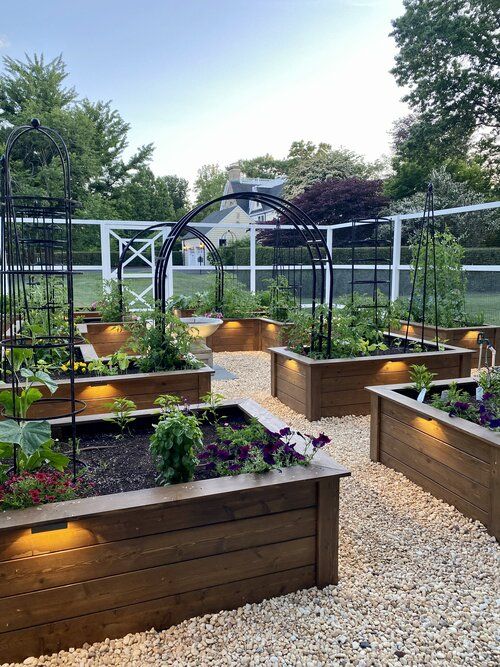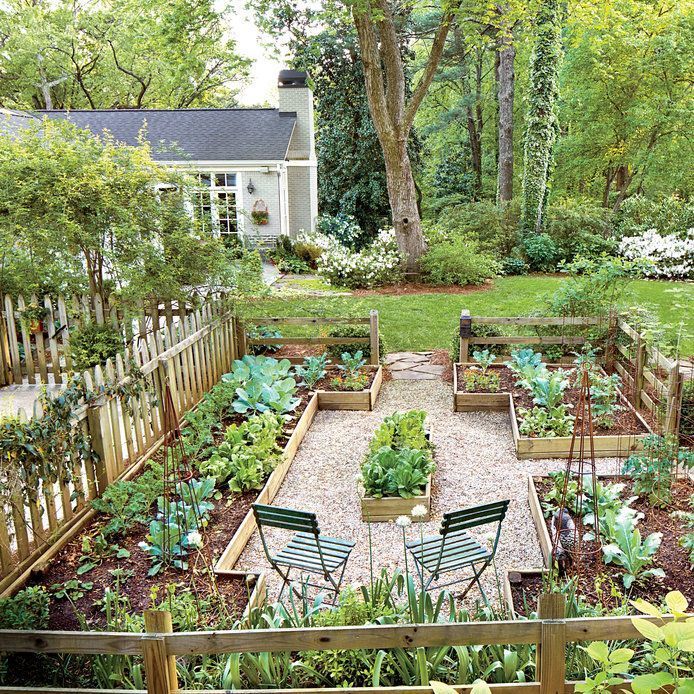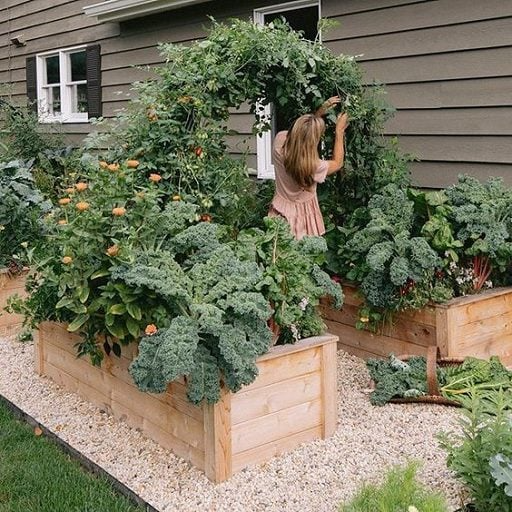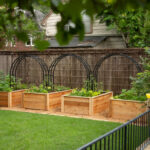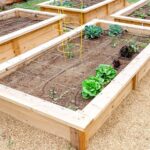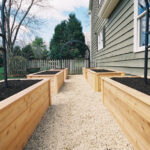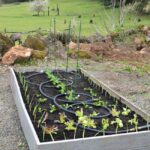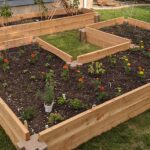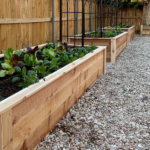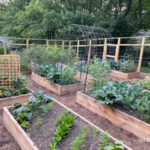Raised bed gardens have become increasingly popular among gardeners of all skill levels. These beds are essentially elevated garden plots that are filled with soil and used to grow plants. There are many benefits to using raised bed gardens, making them a great option for those looking to grow their own produce or flowers.
One of the main advantages of raised bed gardens is improved soil quality. By filling the bed with high-quality soil, gardeners can ensure that their plants have access to the nutrients they need to thrive. This is especially beneficial for those who have poor soil in their yard or live in areas with rocky or clay-filled soil.
Raised bed gardens also offer better drainage than traditional ground-level gardens. The elevated nature of the beds allows water to flow freely through the soil, preventing potential waterlogging and root rot. Additionally, because the beds are raised, they can warm up faster in the spring, allowing for earlier planting and extended growing seasons.
Another benefit of raised bed gardens is that they are easier to maintain. The elevated height makes it easier for gardeners to tend to their plants without having to bend over or kneel on the ground. This can be particularly beneficial for older gardeners or those with mobility issues.
Raised bed gardens also help to deter pests and weeds. The barriers created by the raised beds make it more difficult for pests to access the plants, reducing the likelihood of infestations. Additionally, because the beds are filled with rich soil, weeds have a harder time taking root, making it easier for gardeners to keep their plots weed-free.
Finally, raised bed gardens can be a great option for those with limited space. The compact nature of these beds makes them ideal for small yards, balconies, or even indoor gardening. Gardeners can easily customize the size and shape of their raised beds to fit their unique space constraints, allowing them to grow a variety of plants in a small area.
